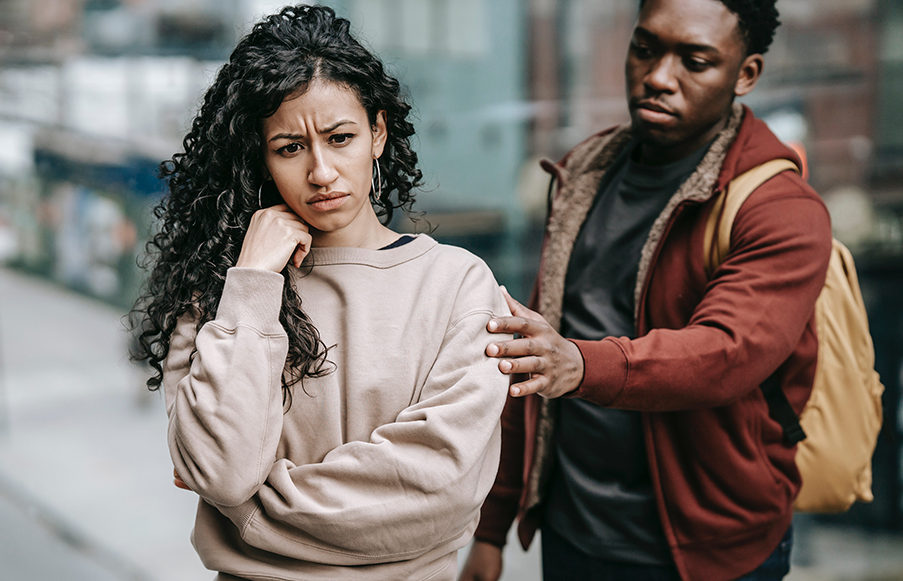What to Expect in Couples Therapy: A Guide for Indian Youth
Introduction
Have you ever felt like your relationship is treading water? Maybe you and your partner are caught in a never-ending cycle of misunderstandings, or perhaps the excitement has faded into a dull routine. It’s not uncommon for young couples in India to face these challenges. Whether it’s due to societal pressures, family expectations, or academic stress, navigating relationships can feel overwhelming. But there’s hope. Couples therapy offers a supportive space to address these concerns, and understanding what to expect can make the journey easier.
What is Couples Therapy?
Couples therapy, also known as marriage or relationship therapy, is a form of counseling aimed at helping partners understand and resolve issues in their relationship. It provides a safe environment where both individuals can express their thoughts and feelings.
Imagine a couple sitting across from a therapist, discussing how daily stressors impact their relationship. One partner may feel neglected due to the other’s heavy study schedule, while the other feels unappreciated for their efforts. Through therapy, they learn to communicate better, leading to a stronger bond.
Signs You Might Benefit from Couples Therapy
While every relationship has its ups and downs, there are signs that indicate it may be helpful to seek professional guidance:
Emotional Signs
- Persistent sadness or frustration with your partner
- Feeling disconnected or emotionally distant
- Frequent arguments over trivial matters
Physical Signs
- Decreased intimacy or affection
- Changes in sleep patterns or appetite related to stress
Behavioral Signs
- Avoidance of difficult conversations
- Spending more time apart than together
- Negative patterns, such as blame or silent treatment
Causes of Relationship Issues in Youth
Understanding the underlying causes of relationship struggles can help in addressing them effectively. Here are some common factors young people face:
-
Education Pressure: The intense pressure to excel in academics can strain a relationship when one partner feels compelled to prioritize exams over quality time together.
-
Family Expectations: Navigating familial responsibilities while trying to maintain a romantic relationship can lead to conflicts, especially if parents impose their expectations.
-
Body Image Issues: In a society that often judges appearances, self-esteem can affect romantic dynamics. Worrying about how one is perceived can lead to insecurity and misunderstandings.
-
Social Media Influence: Constant comparison with others can create unrealistic expectations about relationships, leading to dissatisfaction.
-
Transitioning Life Stages: The shift from student life to professional life can drastically alter relationship dynamics, introducing new stressors.
Effects of Relationship Struggles on Life
The impact of unresolved relationship issues can seep into many facets of life:
-
Mental Health: Stress from relationship issues can lead to anxiety or depression, making it challenging to focus on studies or enjoy friends’ company.
-
Emotional Well-Being: Feelings of loneliness or frustration can lead to withdrawal from social circles, isolating individuals from their support networks.
-
Social Life: Communication breakdowns may result in misunderstandings with friends and family, creating tension in broader relationships.
For instance, if a student is constantly fighting with their partner, they may feel too overwhelmed to hang out with friends or join group activities, leaving them feeling even more isolated.
How to Deal With Couples Therapy: Coping Mechanisms
Fostering a healthy relationship goes beyond therapy sessions. Here are some practical tips to strengthen your partnership:
-
Open Communication: Practice being honest about your feelings with your partner. Small check-ins can make conversations less daunting.
-
Regular Quality Time: Dedicate time for each other, whether it’s a coffee date or a walk in the park, to strengthen your bond.
-
Practice Mindfulness: Engage in meditation or mindfulness exercises to help reduce anxiety and focus on the present moment.
-
Journaling: Writing down your thoughts and feelings can help clarify your emotions and identify patterns in your relationship.
-
Seek Social Support: Talk to trusted friends or family about your feelings. They might provide insights or even relate to your experiences.
-
Healthy Lifestyle Choices: Engage in activities that promote well-being, such as regular exercise, a balanced diet, and adequate sleep.
-
Cultural Elements: Incorporate yoga or practices from spirituality that resonate with you; they can be incredibly grounding.
-
Be Patient: Understand that healing takes time. Celebrate small victories as you work towards improving your relationship.
When to Seek Help
If you notice persistent issues despite your efforts, or if you find yourselves unable to communicate civilly, it may be time to consider professional help. Couples therapy can guide you through these difficulties with the support of a qualified therapist.
Conclusion
Navigating the complexities of relationships as a young adult can be tough, but remember: you are not alone. Seeking couples therapy is a courageous step toward strengthening your bond and enhancing your emotional well-being. Empower yourself and your partner with the tools to communicate better and understand each other. With time, understanding, and effort, things can improve. Embrace the journey ahead!



